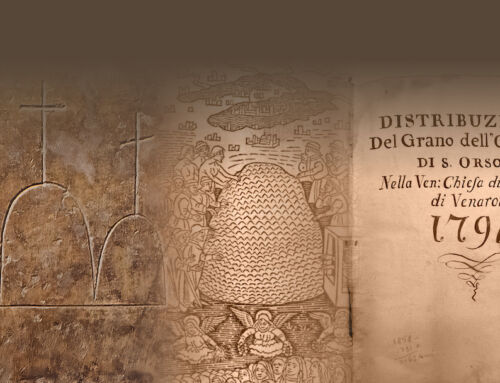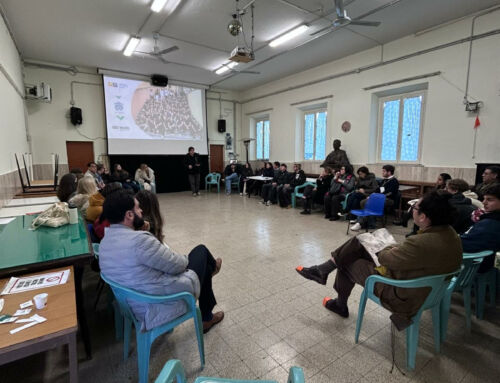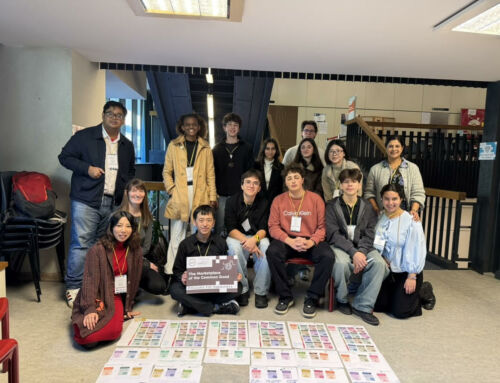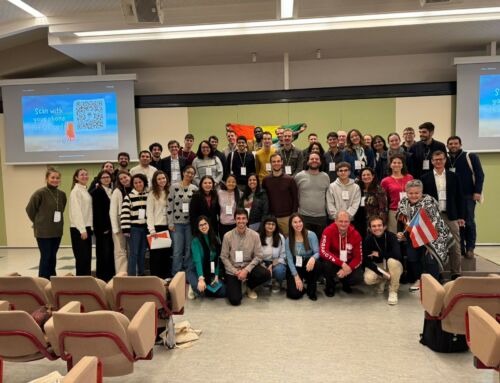
The first seminar of the EoF Academy
By: Maria Gaglione (TEXT ONLY IN ENGLISH)
The first seminar of the EoF Academy was held on Monday 20 December. The speakers were Mariana Reis Maria, PhD candidate in Economics (UNICAMP) – tutor Dr. Alessandro Fiorini – presenting a topic entitled Green energy finance: fiscal policies in the energy transition from an Agent-Based Model Analysis and Matheus Belucio, CEGAFE-UE University of Évora – tutor Prof. Giulio Guarini – with a presentation about the Analysis of the influence of philanthropy on eco-efficiency in 108 countries.
The EoF Academy Seminar Series is a unique space where researchers share their project’s research with the whole academy community and all interested people. The seminars take place online, once a month, with two EoF Researchers as speakers. Each presentation lasts approximately 30 minutes and is followed by a 15 minutes discussion session.
Here are the abstracts of the working papers of Mariana and Matheus.

Green energy finance: fiscal policies in the energy transition from an Agent-Based Model Analysis
By Mariana Reis Maria
Transiting from a fossil-based to a low-carbon system is an indispensable structural shift that must occur if society aims to limit global temperature rise and promote sustainable development. However, the infrastructural transformations needed, like the energy system one, is not trivial because the development and diffusion of alternative technologies face substantial barriers established by the dominant carbon-intensive ones. Breaking the carbon lock-in situation requires great amounts of green finance investments. Historically, the investments and incentives are strongly concentrated in carbon-intensive technologies. This theme has blossomed in recent years and the financial aspects of a transition to sustainability are central to achieving the Sustainable Development Goals (SDGs). This project proposes the analysis of the impact of some green fiscal policies (a market-based carbon tax and a state investment bank indirect subside) in the energy transition development compared to a business-as-usual situation.
This analysis will take place from an Agent-Based model under construction that is part of broader thesis development. It is expected that some combinations of policies will have a positive impact in accelerating the energy transition vis-a-vis a no-intervention strategy. The Working paper presented to the Economy of Francesco Academy aims to present the proposal model that is being adjusted now together with the Institute of Economics of Scuola Superiore di Sant’Anna under the supervision of Professor Andrea Roventini. The next steps will be the application of the model as a “laboratory” to understand the impact of the two proposed green fiscal policies.

Analysis of the influence of philanthropy on eco-efficiency in 108 countries
By Matheus Belucio
The relationship between economic growth and the environment has been widely discussed in contemporary literature, mainly due to global warming. A Data Envelopment Analysis model was estimated allows identify the situation of eco-efficiency in each country (by year). Next, measure the impact of philanthropy factors on eco-efficiency. This research is considered 108 countries of the world. The data have the time span started in 2009 until 2018. Assessing the average eco-efficiency of countries around the world, it is possible to state that the results are alarming. From 2009 to 2018 the average eco-efficiency dropped from 0.571 to 0.535 (on a scale of 0 to 1). The donation of money and time are statistically significant, with positive and negative impacts, respectively. This result confirms that philanthropy factors exert some influence on countries’ eco-efficiency. In the period analyzed in the best year 16 countries achieved eco-efficient level and in the worst year only 12 countries. Based on the results obtained, proposals for more eco-efficient public policies and incentives for philanthropy can be elaborated.
What is the EoF Academy? Check it out here!










